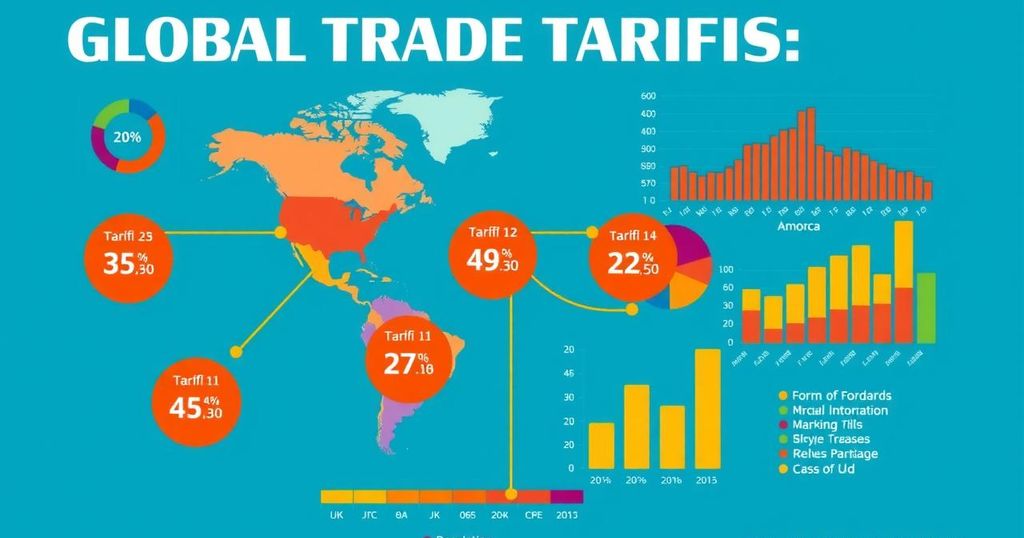Stakeholders are demanding full autonomy for the Independent National Electoral Commission (INEC) to ensure free and credible elections in Nigeria. During a conference in Kano, individuals highlighted the challenges posed by political interference, funding constraints, and the need for reforms in electoral laws. Efforts to enhance institutional integrity within political parties were also emphasized for strengthening democracy in the nation.
Stakeholders in Nigeria are advocating for the full autonomy of the Independent National Electoral Commission (INEC), emphasizing its vital role in upholding democracy and facilitating credible elections. This call was made during the Subnational Strengthening Democracy Conference held in Kano, where political analysts and civil society advocates highlighted that political interference often undermines INEC’s impartiality in conducting elections.
The conference was organized by the Peering Advocacy and Advancement Centre in Africa (PAACA) in collaboration with the African Centre For Leadership, Strategy & Development (Centre LSD), the Centre for Democracy and Development (CDD), and the Westminster Foundation for Democracy (WFD). Its theme focused on “Strengthening Nigeria Democracy – Pathways to Good Governance and Political Integrity.”
In his keynote address, Abdullahi Sule identified significant challenges such as funding limitations and executive influence, advocating for INEC to receive full financial and operational independence to enhance public confidence in the electoral process. Sule stated, “INEC must have full control over its budget, appointments, and decision-making processes without external influence.”
Sule also raised issues related to the executive branch’s interference in INEC leadership appointments. He asserted, “If we want credible elections, INEC must be free from political control. The appointment of INEC officials should be transparent and devoid of partisan interests.”
Moreover, Sule urged for amendments to the Electoral Act and Constitution to address cross-carpeting among political officeholders, a practice deemed detrimental to Nigeria’s democratic integrity. He pointed out that shifting party allegiance without obtaining a fresh mandate erodes governance accountability, stating, “To strengthen our democracy, we must close the loopholes that allow elected officials to betray the trust of the people.”
Itia Otabor, the Director of Strategy at Centre LSD, echoed similar sentiments and stressed the need to reinforce institutions safeguarding democratic practices and reform Nigeria’s political party systems. He conveyed concerns about weak institutions and internal party structures, asserting that, “For democracy to thrive, institutions like the judiciary, electoral bodies, and anti-corruption agencies must be strengthened to function independently and effectively.”
Otabor also articulated the need for political parties to be driven by clear ideologies to avoid being mere factions for power struggles. He highlighted that flawed candidate selection processes and weak party discipline often lead to internal crises and electoral instability, adding, “If we must strengthen democracy, our parties must be well-organized and ideologically driven.”
In conclusion, the call for the full autonomy of INEC is essential for reinforcing Nigeria’s democratic framework. Stakeholders advocate for operational independence, transparency in leadership appointments, and reforms to curb political opportunism. The strengthening of democratic institutions and political parties is critical for ensuring accountability and stability in governance. Overall, these measures aim to cultivate a more robust and trustworthy electoral system in Nigeria, conducive to genuine democratic practice.
Original Source: www.nigeriainfo.fm




